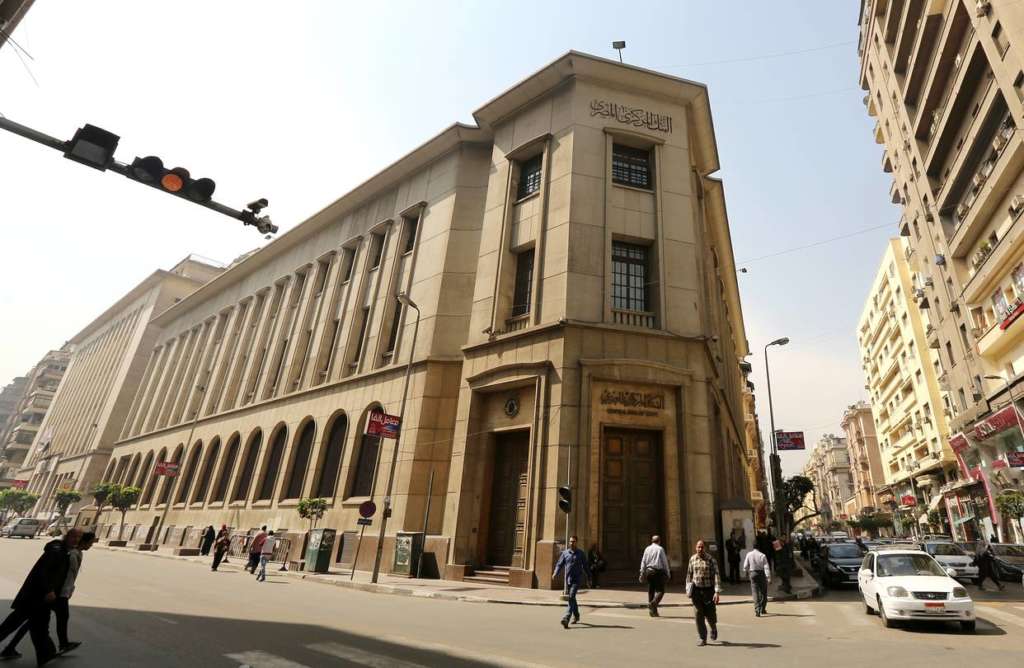Cairo- The Egypt environment for investment comes in with many burdens, most of which are a result of the many challenges facing the economy when it comes to attracting foreign investment.
The bureaucratic strata and red tape procedures have always inhibited Cairo’s economy, which recently had to resort to harsh economic measures, rather than overcoming the obstacles.
Egypt later confirmed that the IMF had not laid out any conditions for the expected $12 billion dollar loan, which will be funding Egypt’s reform.
The dollar taking a plunge had also forced restrictions which inhibited trade and development in Egypt, the EGP too loose value in the black market recording a record low of 13 pounds at $1.
Since the 2011 revolution that toppled then-President Hosni Mubarak, Egypt has been racked by political and economic turmoil. Tourism is down, foreign investment is minimal, and an expansion of the Suez Canal hasn’t brought the expected revenue.
The International Monetary Fund (IMF) had reiterated its readiness to aid the government in Egypt with its reform national project, which includes implementing an added value tax for the first time in Egypt which will replace retail taxes.
Amendments to the Egyptian Investment Law and Executive Regulations have been made over the last several months introducing new incentives for investors.
The Egyptian Investment Law was first issued in 1974 (Law No. 43/1974) aiming to attract foreign investors to the Egyptian market.
It provided tax and customs exemptions for companies established under its umbrella and offered land, necessary for projects, at attractive prices and simplified incorporation procedures.
The Law was replaced by law No. 230/1989, and then replaced again by law No.8/1997.
The latest amendment to the law was on 12 March 2015, by virtue of new investment law No. 117/2015 [and has now been accompanied in July 2015 by Executive Regulations (“Regulations”)] introducing new incentives for investors.
The unified customs rate has decreased from 5% to 2% on the value of imported tools, equipment, and machinery necessary for recognized business activities.
The sales tax rate has decreased from 10% to 5%on imported tools, equipment, and machinery necessary for recognized business activities.
However, for the time being, there are no grants for private free zone areas.
Responding to the request for a multibillion dollar bailout for the country’s flagging economy the IMF delegation arrived to Egypt on Saturday.
Despite the attempt on landing the largest IMF loan, Director Equity research at EFG Hermes Ahmed Shams El Din said that Egypt’s options now are limited and that the IMF loan will delay the blow up of the crisis, if the government manages to cover the budget deficit. Cashing-in on foreign loans excessively to cover budget deficits will be disastrous.
Shams also told Asharq Al-Awsat newspaper that the IMF loan is a last resort option, and should not be misused. He added that Egyptians invest an annual $22 billion in exports facing a $60 billion in imports, asking for more diversification across most sectors.
Egypt’s ministry of finance made a statement in which it said that the IMF delegation currently present in Cairo, and expected to stay for 14 days, is there to discuss the loan based on a governmental reform project and the review of regulations. The delegation will evaluate the study and its effectiveness in achieving desired goals of controlling the public budget deficit and the increasing public debt. The proposal includes revitalizing development rates, creating more jobs which will in turn reduce unemployment and poverty rates and increase national income.
Egypt’s deficit is estimated to be somewhere around $36 billion.
Reserves fell 18.1 percent from June to December, shrinking to $16.5 billion, before edging up to $17.546 at the end of June, according to central bank data. Egypt had $36 billion in reserves before the 2011 uprising.
The local currency, the pound, has been falling to new lows. The official central bank rate is 8.78 Egyptian pounds to the dollar, but the true price on Egypt’s robust black market, according to media reports, is around 12 and reaching 13 to the dollar at times.
